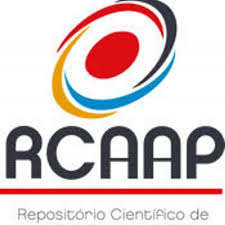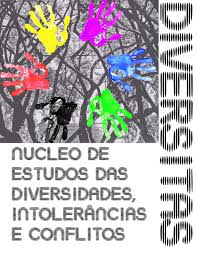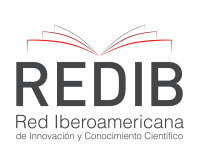Brasil e Canadá: pioneiros na diplomacia multicultural para além de divisões ideológicas.
Resumo
A diplomacia multicultural é um conceito que surgiu a partir da crescente mobilidade cultural originada da descolonização européia após a Segunda Guerra Mundial. É compreendida como conjunto de políticas que atores e a ação do Estado formulam para compreender populações, regiões, sociedades e nações e suas diferenças e complementaridades. Visa a apoiar a construção de políticas inovadoras na cooperação e maiores integrações internacionais, a partir do conhecimento de potencialidades dos diversos agentes, proporcionando-lhes maior inclusão e reconhecimento. O conceito só começou a ser levado em consideração após intervenções decisivas de Brasil e Canadá, pelas lideranças de Oswaldo Aranha e Lester Pearson. Após a Segunda Guerra Mundial, ambos criariam doutrinas amplas e duradouras para as Relações Exteriores de seus respectivos países e as projetariam à cena internacional. Tiveram influência preponderante na proposta de alternativas a conflitos culturais e étnicos baseados em escalas de força e confrontações – sugerindo horizontes mais amplos a um mundo que se guiava para concentração crescente de superpoderes e divisões ideológicas.
Abstract: The multicultural diplomacy is a concept that emerged from enhanced cultural mobility of European decolonization after the Second World War. It is understood as a policy-pattern that included actors and the State-action to shape comprehension about populations, regions, societies and Nations – their differences and complementarities. These policies support innovative construction of cooperation and international integrations, since the knowledge about diverse agents can motivate better inclusion and recognition. This concept was only taken under consideration after decisive interventions of Brazil and Canada, through the leaderships of Oswaldo Aranha and Lester Pearson. After the Second World War, both leaders created further doctrines to Foreign Relations of their countries and projected them to international scene. They had decisive influence in purposing an alternative to cultural and ethnic conflicts based on force-scales and confrontations. Both suggested wider horizons to a world that was growing toward concentration of superpowers and ideological divisions.
Abstract: The multicultural diplomacy is a concept that emerged from enhanced cultural mobility of European decolonization after the Second World War. It is understood as a policy-pattern that included actors and the State-action to shape comprehension about populations, regions, societies and Nations – their differences and complementarities. These policies support innovative construction of cooperation and international integrations, since the knowledge about diverse agents can motivate better inclusion and recognition. This concept was only taken under consideration after decisive interventions of Brazil and Canada, through the leaderships of Oswaldo Aranha and Lester Pearson. After the Second World War, both leaders created further doctrines to Foreign Relations of their countries and projected them to international scene. They had decisive influence in purposing an alternative to cultural and ethnic conflicts based on force-scales and confrontations. Both suggested wider horizons to a world that was growing toward concentration of superpowers and ideological divisions.
Texto completo:
PDFApontamentos
- Não há apontamentos.
ISSN eletrônico: 1984-5677
ISSN impresso: 1519-0994





















